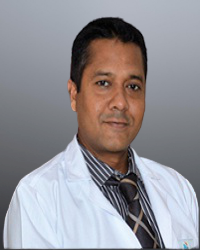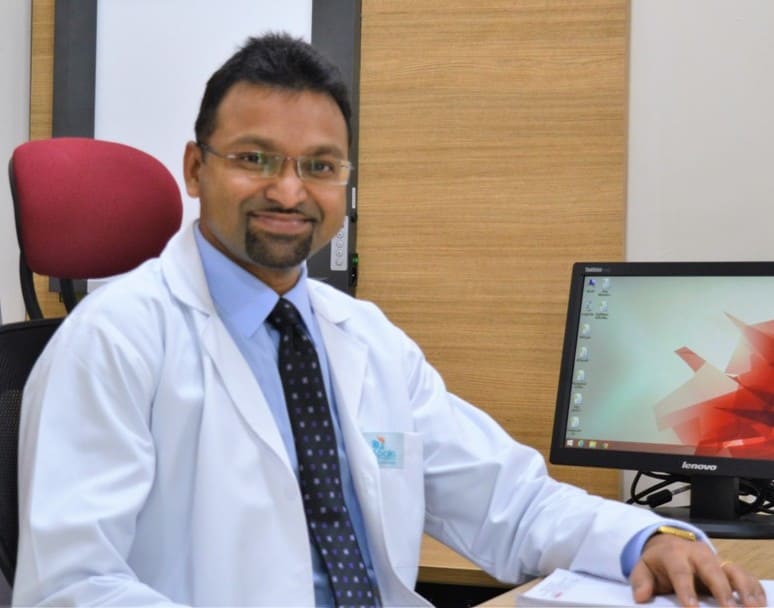Conditions for which a Thyroidectomy is Performed:
Here are some of the conditions for which thyroidectomy may need to be performed:
1. Goitre: This condition involves the enlargement of the thyroid gland, causing discomfort and potential breathing difficulties. A thyroidectomy is performed to alleviate these symptoms.
2. Hyperthyroidism: Overactivity of the thyroid gland can lead to various health complications. When other treatments fail or are unsuitable, thyroid doctors may recommend a thyroidectomy.
3. Thyroid Cancer: In cases where malignant cells have developed in the thyroid gland, a partial or total thyroidectomy is often a necessary step to halt cancer progression.
4. Thyroid Nodules: When nodules on the thyroid gland exhibit a risk of becoming cancerous, surgeons may opt for a preventive thyroidectomy.
How is a Thyroidectomy Conducted at Apollo Hospitals in Vizag?
This segment will enlighten patients on how Apollo Hospitals’ best thyroidectomy specialist doctors conduct the procedure.
1. Consultation: The patient meets with a thyroid doctor for a comprehensive review of their medical history and a physical examination.
2. Diagnosis: If needed, tests like fine needle biopsy are conducted to confirm the condition.
3. Procedure Planning: Depending on the condition, doctors decide whether a partial or total thyroidectomy is necessary.
4. Surgery: Under general anaesthesia, an incision is made in the neck to remove the affected parts or the whole thyroid gland.
5. Post-operative Care: After surgery, the patient is closely monitored, and essential after-care guidelines are provided.
Choosing the Best Specialist for Thyroidectomy in Vizag:
Choosing a proficient specialist for thyroidectomy is crucial for the patient’s well-being. Experience and extensive knowledge of otolaryngologists or ENT surgeons must be considered while choosing the best thyroid surgery doctor. Vizag boasts of highly trained, skilled, and accomplished surgeons who have an excellent track record in conducting successful thyroidectomies.
Why Plan your Thyroidectomy with Apollo Hospitals?
Apollo Hospitals in Vizag has distinguished itself with a team of proficient ENT surgeons adept at performing thyroidectomies. They use advanced scientific technology and offer comprehensive care, ensuring patient satisfaction. Opting for Apollo Hospitals for your thyroidectomy means placing your trust in thyroidectomy doctors dedicated to delivering high-quality care. Their experience guarantees effective treatment and enhances patient outcomes, offering you the best care possible while managing your thyroid-related complications.









 Call Now
Call Now




